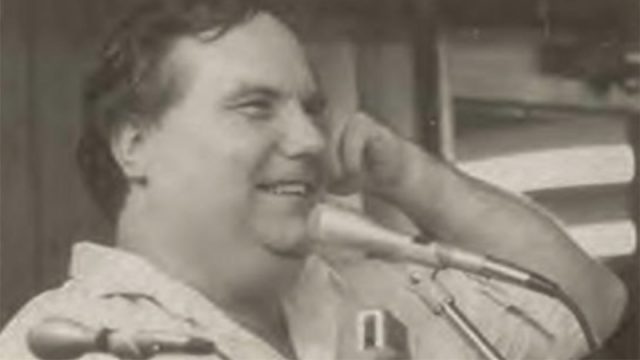What if Jesus used popular stories as parables of God’s kingdom, even if they presented some theological questions? Well, actually, He did. And […]
What if Jesus used popular stories as parables of God’s kingdom, even if they presented some theological questions? Well, actually, He did. And I suggest we should learn from Jesus’ methods in the first century as we fulfill our mission to present the same kingdom in the twenty-first.
Jesus’ disciples and other Jews of the time believed that rich people would certainly go to heaven while those who were poor probably would not. Jesus tried to correct this misconception in His sermons, but people still didn’t understand (Matt. 19:23-26). So He took a well-known story and switched the ending, which made a strong impression on His listeners. As a result, they likely remembered it the rest of their lives. It was the parable of the rich man and poor Lazarus (Luke 16:19-31).
The Bible teaches that the dead are asleep and cannot have conversations (Eccl. 9:5, 6; Ps. 115:17, 18; Ps. 6:5). It also teaches that “hell” is not a place of eternally burning punishment. Jesus still used this popular story, however, to teach the people, despite these errors. He used it because His listeners knew the story. By using it to explain the kingdom of God, the Savior etched truth in their minds forever. Every time they remembered the theme they would now interpret it differently.
Today’s media has made many stories known by most of the world’s population. Films such as Titanic or popular television series have been watched by billions of people around the globe. What if we were to follow the example of Jesus and use these well-known stories as parables of the kingdom of God? What would this look like? How could we turn the story of the Titanic, made into a 1997 movie, for example, into a parable of the kingdom? Based on the movie’s story theme of a man who sacrificed his life to save that of the woman he loved, we could say: “Imagine that someone loved you so much that they willingly gave their life so you could be rescued and live? That’s what God has done for you in Jesus.”
Then there are TV programs or movies that focus on strong bonds of friendship. Referring to such programs, perhaps we could ask thought-provoking questions like: “What if there was a community of people who accepted you exactly as you are and loved you enough to help you become better? That’s what my church looks like as we are trying to become like Jesus.”
As the articles that follow show, we have many media formats available today—Internet, film, photography, podcasting—to help us share those stories, not only with those in our own communities but also with every “nation, tribe, tongue, and people” (Rev. 14:6).
Every well-known story might be used and shared creatively to serve as a parable of the kingdom of God. This may sound revolutionary—even contradictory—but there is nothing new here. For centuries evangelists have led people to Jesus from the known to the unknown, from stories people were familiar with to the truth they didn’t yet recognize or understand.
Let’s not be transformed by the world, but let us consider adapting the human-interest stories the world already knows to help proclaim the truth of God’s kingdom. n
Samuel Neves is an associate director of the Communication Department of the General Conference of Seventh-day Adventists in Silver Spring, Maryland, United States.









